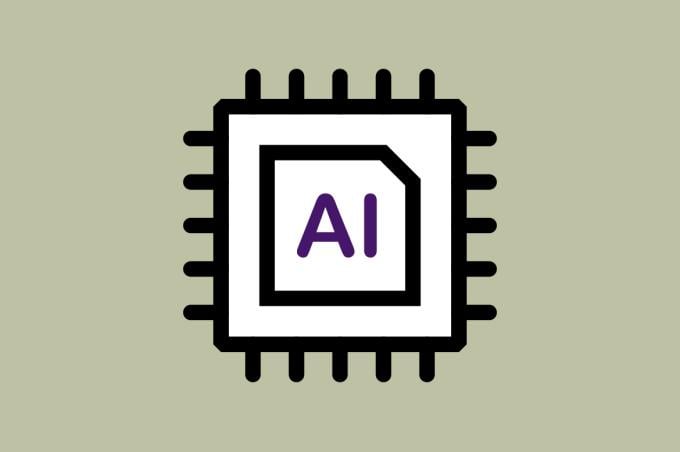As more federal regulations require reporting via clinical data registries, it’s important to understand what these registries are and how they work. Here are five things you need to know about clinical data registries and why they matter.
- Clinical data registries record information about patients’ health status and the care they receive over time. These registries typically focus on patients who share a common reason for needing care, allowing physicians to see what treatments are available and how patients with different characteristics respond to certain treatments.
- Different types of registries track specific aspects of care. A registry may focus on a disease or condition, a procedure, or a medical device. The registry defines a patient population, then recruits physicians and other health care professionals to submit data on a representative sample of those patients.
- Data are used in treatment analyses. Studying attributes of the population in the registry—and finding patterns—can help identify particular outcomes. Because all of the factors that might have an impact on outcomes are not necessarily known at the time of data collection, the data are stored and can be revisited to evaluate previously unrecognized associations.
- Data are collected via secure online portals or electronic health record (EHR) systems. As data enter the clinical data registry, quality checks are performed to ensure that the data are correct and complete. If something is missing or outside of the expected range, registry staff ask the submitting physician to review and verify the data.
- Registries help improve health care quality and safety. Registries are used for comparing the effectiveness of different treatments, evaluating different approaches to a procedure, and monitoring the safety of implanted devices. Information from registries is also increasingly employed to ensure that payment is adjusted based on the quality of care provided, or to give patients the information they need to make better choices.
The National Quality Registry Network, a voluntary network of organizations that operate registries, offers more detailed information about clinical data registries.




